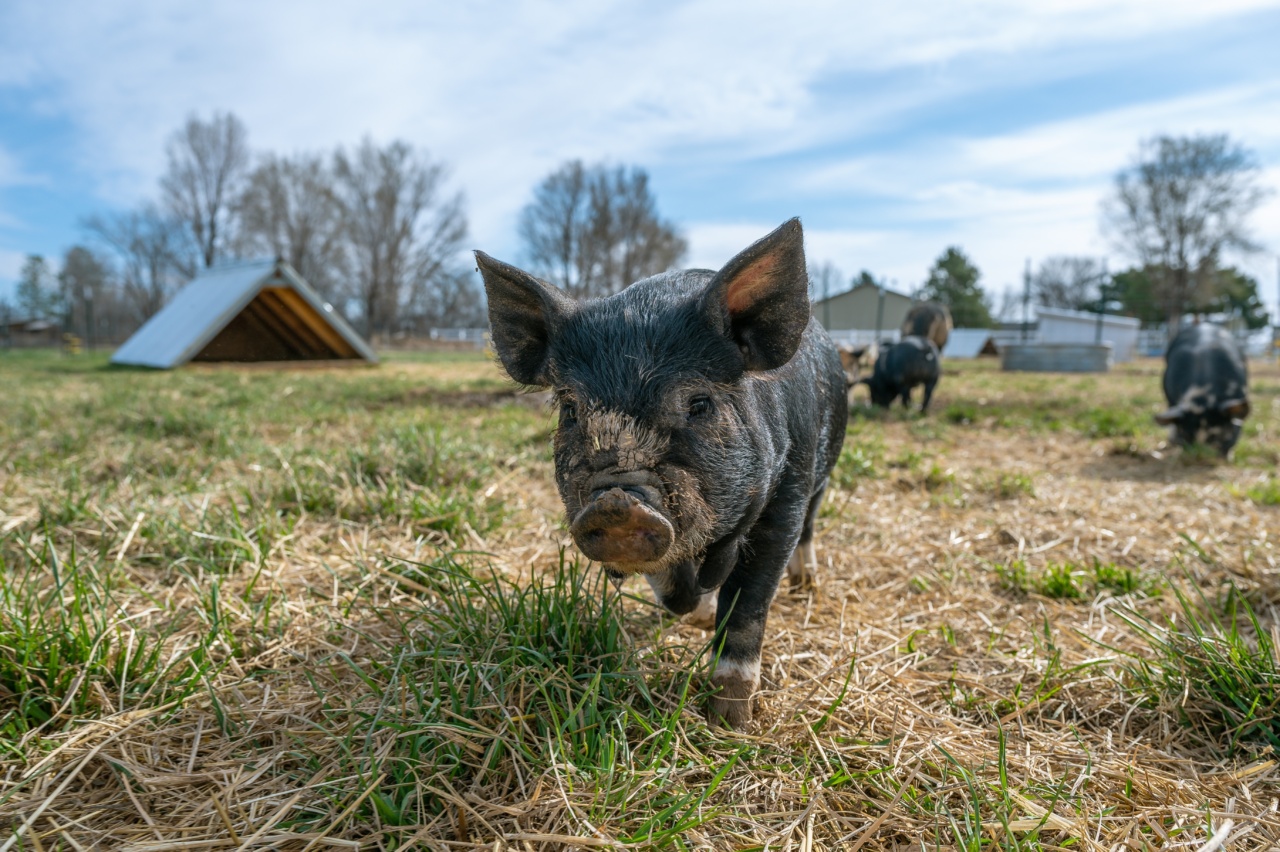As the world battles the COVID-19 pandemic, another respiratory illness has been silently spreading in the background.
The swine flu, a respiratory disease caused by the influenza virus that infects pigs, is now a serious concern in some parts of the world. According to recent reports, several countries have reported an increase in swine flu cases, leading to a shortage of ICU beds in hospitals.
What is Swine Flu?
Swine flu, also known as the H1N1 virus, is a respiratory illness caused by influenza viruses that infect pigs. Although swine flu is usually not a fatal illness for pigs, it can be contagious and has the potential to spread to humans.
In humans, swine flu can cause a range of symptoms, from mild to severe, and can lead to complications such as pneumonia, respiratory failure, and even death.
Swine Flu Outbreak: Current Situation
In recent weeks, several countries have reported an increase in swine flu cases, leading to concerns about a potential outbreak.
In India, for example, more than 18,000 cases of swine flu have been reported since January, leading to a shortage of ICU beds in some hospitals. Similarly, in Australia, swine flu cases have nearly doubled compared to the same period last year, causing a strain on the healthcare system.
The situation is also concerning in countries such as Brazil, Mexico, and the United States, where swine flu cases have been reported in significant numbers.
In Brazil, for instance, more than 300 people have died from swine flu this year, while in Mexico, the number of cases has nearly tripled compared to the same period last year.
Swine Flu Symptoms
Swine flu symptoms are similar to those of the seasonal flu and include:.
- Fever
- Cough
- Sore throat
- Body aches
- Headache
- Chills
- Fatigue
- Diarrhea and vomiting (in some cases)
If you experience any of these symptoms, it is important to seek medical attention immediately. Swine flu can lead to serious complications, especially in people with weakened immune systems, young children, and older adults.
Preventing Swine Flu
The best way to prevent swine flu is to get vaccinated. The swine flu vaccine is included in the seasonal flu vaccine, and it is recommended that everyone over the age of six months gets vaccinated each year.
In addition to getting vaccinated, there are other steps you can take to protect yourself and others from swine flu:.
- Wash your hands frequently with soap and water
- Avoid close contact with people who are sick
- Cover your nose and mouth when you cough or sneeze
- Stay home if you are sick
- Clean and disinfect surfaces and objects that may be contaminated with germs
What to Do if You Get Swine Flu
If you are diagnosed with swine flu, your doctor may prescribe antiviral medications to help relieve your symptoms and prevent complications. It is important to rest and stay hydrated, and to avoid close contact with others until you have recovered.
If you experience severe symptoms such as difficulty breathing, chest pain, or confusion, seek medical attention immediately. These symptoms may indicate a more serious complication such as pneumonia or respiratory failure.
The Impact on the Healthcare System
The swine flu outbreak is putting a strain on the healthcare system in many countries.
In India, for example, the shortage of ICU beds has led to some hospitals turning patients away, while in Australia, some hospitals have had to cancel surgeries to make room for swine flu patients.
The situation is particularly concerning in developing countries, where the healthcare system may not have the resources to handle an outbreak.
In countries such as Brazil and Mexico, where swine flu cases are high, the healthcare system is already under strain due to the COVID-19 pandemic, which has led to a shortage of medical supplies and healthcare workers.
Conclusion
The swine flu outbreak is a reminder that we must remain vigilant about our health and take steps to protect ourselves and others from respiratory illnesses.
Getting vaccinated, washing your hands frequently, and avoiding close contact with sick people are simple but effective ways to prevent the spread of swine flu.
The situation is concerning, especially in countries where the healthcare system is already under strain.
It is important that governments and healthcare organizations work together to ensure that there are enough ICU beds and medical supplies to handle an outbreak of swine flu or any other respiratory illness.
By taking these steps, we can minimize the impact of the swine flu outbreak and protect the health of our communities.




























